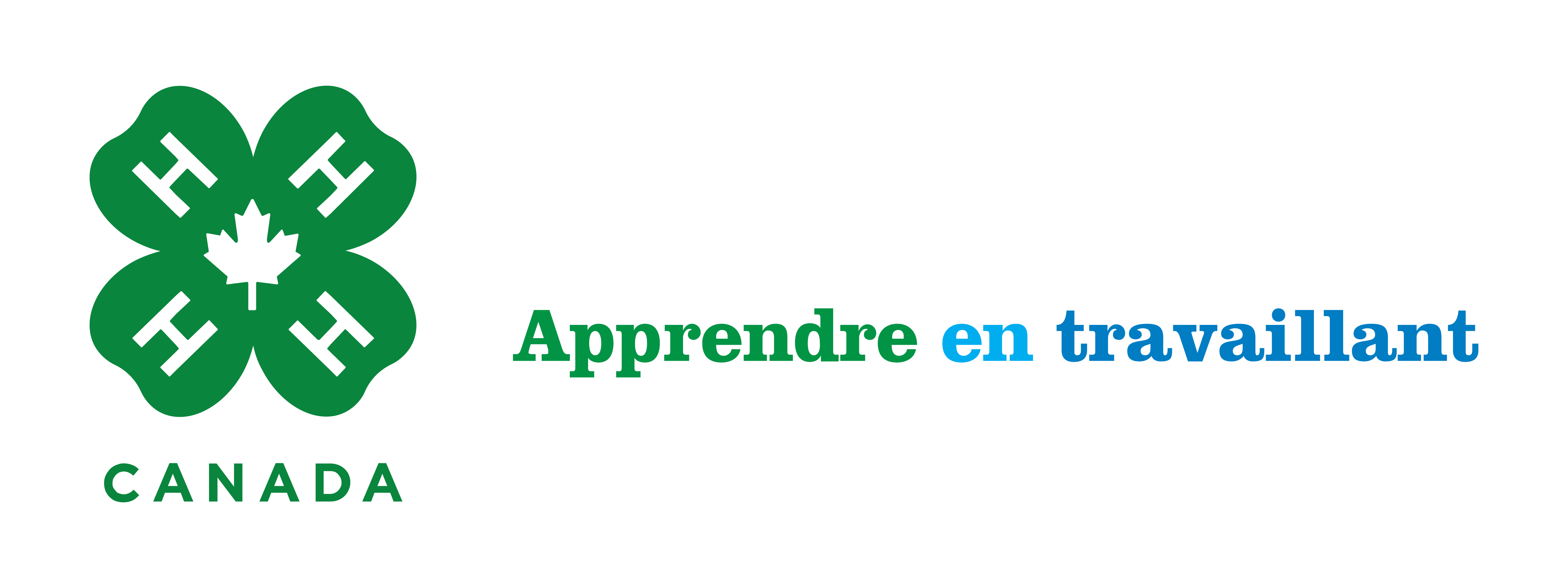4-H CEO Shannon Benner’s Speech to the FAO Committee on World Food Security
“Building knowledge, skills and talent development of youth”
Rome, Italy, October 15, 2015 - Thank you for this opportunity to speak on talent development. My name is Shannon Benner, and I am the CEO of 4-H Canada. We are a youth movement that started over a century ago in Canada. We began with a focus on agriculture, but our programs build skills well beyond agronomy and agricultural know how. Our fundamental belief was that young people needed support to succeed both on, and off the farm. Today 4-H is a global movement of nearly 7 million young people in more than 60 countries. These are caring, responsible and contributing young people who effect change in the world around them.
Agriculture does not look like it did 100 years ago, and neither does youth engagement. However, the important and daunting challenges for youth today seem just as overwhelming as they likely did a century ago when the movement began.
What we need to keep in mind are the opportunities. We have a generation of highly connected young people with unparalleled access to knowledge who operate beyond the self-imposed barriers that we as adults maintain. This Generation Z, as we call them, has the potential, strengths, intelligence and connectedness to innovatively solve the biggest challenges our planet faces – from feeding 9 billion people by 2050, to addressing the closely related skills and labour gaps on that journey.
We need to make a commitment to meet them where they live and breathe, on their level. We need to speak to them in their language. We need to genuinely empower them – and include them in the big decisions. In the same way that a community 4-H leader would, we need to provide them with authentic experiences to find their voice, and engage. The risk we face – disengagement by this generation and those that follow - is too great if we don’t.
Lastly, and most important, we need to ensure that we support and collaborate with public and private organizations that deeply understand youth and are engaging them in programming at grass roots levels that go far beyond skills and knowledge transfer.
My colleagues, distinguished guests, and honoured delegates, involving youth in meaningful ways and working with organizations that intrinsically know how to do this is what will enable us to engage, retain and succeed in mobilizing generation zero hunger.
